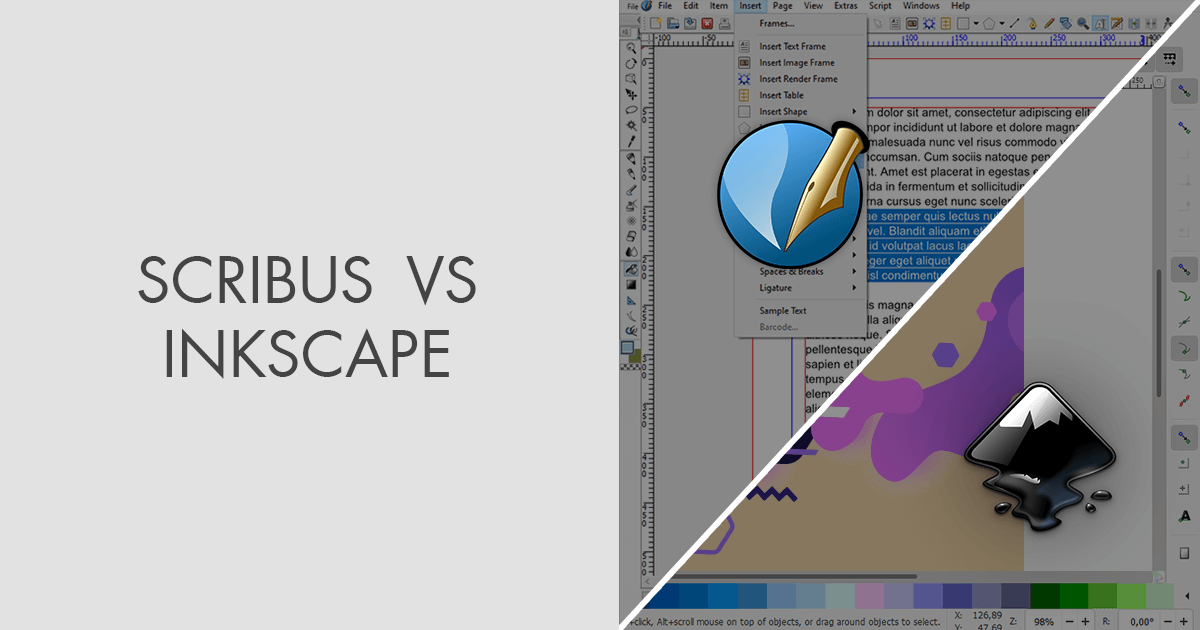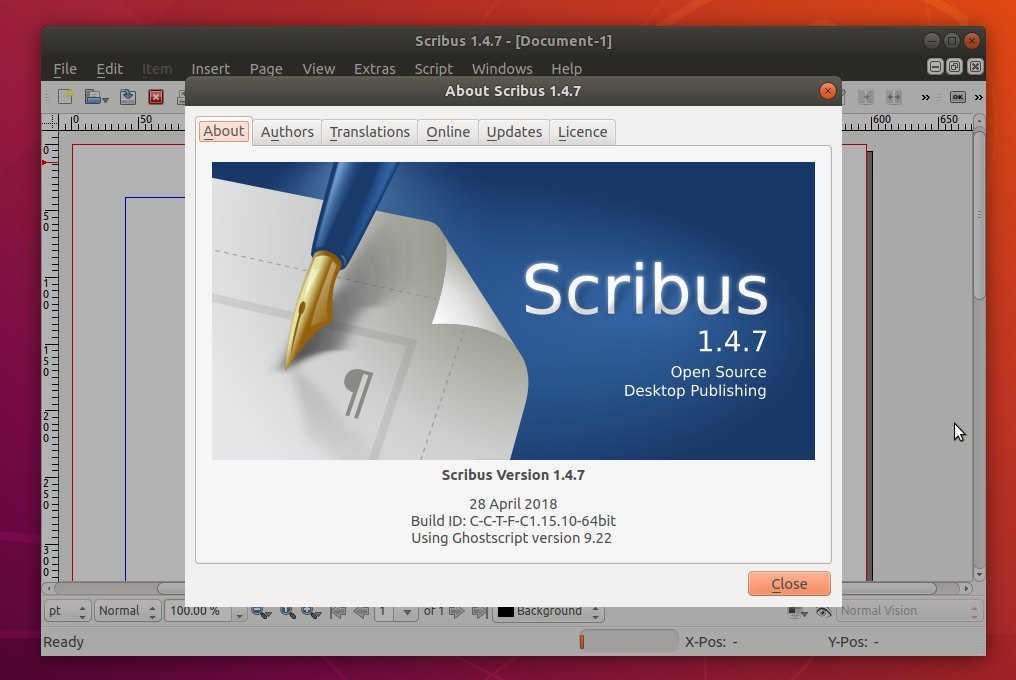
The third line is informational, indicating the name of the script file, and what it does, not so necessary in a simple script like this but very useful in a large script you haven't looked at in a while. The next line is something mainly used in Linux, which explains that the character encoding of the script is UTF-8, mainly important for indicating new lines in the script. In that case you would just put on the command line. You actually wouldn't need to specify python in the command line if you can changed the permissions of this file to allow it to be executed. The exception is the first line, which begins with '#!', called 'she-bang', and what follows on that line is where your computer should look for the compiler to run this script. Generally speaking, this denotes a comment, in other words, a line that will not be interpreted as Python by the compiler. Notice how the first three lines begin with a '#'. Exciting, huh? Let's talk about some other elemental things for your script. You should then see on the next line Hi! What's up?Īll it does is print this message. What you have done is to call up the Python interpreter, and pointed it to the text file you want it to interpret. In a command line setting, you type python Hi.pyĪnd press RETURN, assuming you're in the directory where it is located. So now what do you do?Īnswer: you "run" it. py extension, but it will help you find Python scripts if you do, and you might as well save them in a directory named python, so you can find them later. So I make this in the editor, then save as "Hi.py". The important thing is that I don't want an editor that formats the text in any way. Using a plain-text editor, which in Linux might be vi, or vim, or emacs, or kwrite, gedit, among others.

#!/usr/bin/env python print "Hi! What's up?" Let's look at this very simple Python script, to be run outside of Scribus.



What this means on a practical level is that you create a plain-text file, which you then "run" by calling up the Python interpreter. Just what is a Python script anyway? Python is one of the programming languages which relies on a real-time compiler for its implementation.


 0 kommentar(er)
0 kommentar(er)
